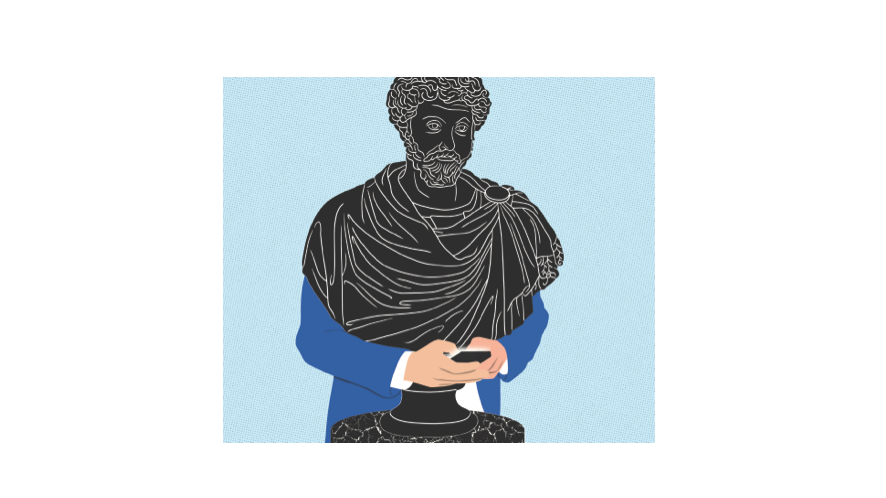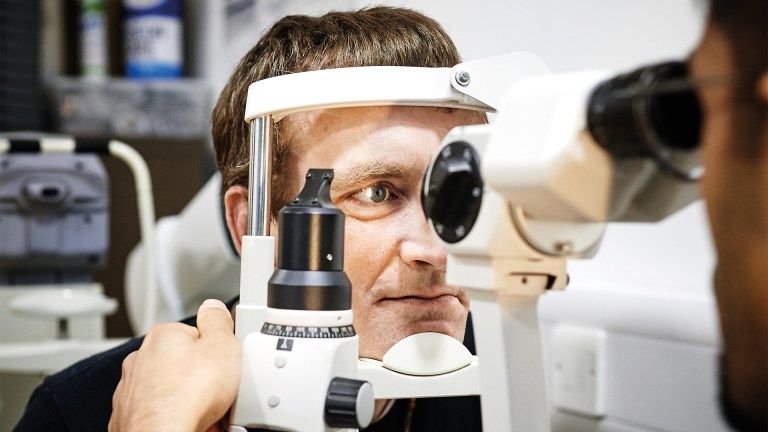One of the inscriptions at the great Temple of Apollo in Delphi was ‘Know Thyself’. Like Socrates’ idea that the unexamined life is not worth living, the virtue of self-knowledge was promoted by Roman philosophers including the Stoic Marcus Aurelius, who thought that understanding yourself also helped to temper life’s disappointments.
This classical tradition of serious thinking continued into European culture: by the end of the 16th century a combination of literacy, affordable paper and space you could annotate in almanacs, which partnered a calendar year, meant that people started to write daily memoranda in handy forms. A big boost came from Puritanism, which encouraged people to write down a day in order to review it for sinful behaviour.
Recently a moral form of diary has reappeared in gratitude journals, where you write down things for which you are grateful. The rationale is that counting your blessings makes you appreciate your good fortune, and it’s reinforced by research in neuro-science, which points to a strong connect-ion between keeping a diary and being happier.
Researcher James Pennebaker thinks that journal writing strengthens your immune system, and plenty of evidence suggests it can be good for your mental health, making better sense of the jumble and stress of everyday life. A diary can be a confidant and a friend who doesn’t judge you, which is why people often address their journal as “Dear diary…”. And it is good to have a friend who will always listen to you.
Keeping a paper diary is still popular. But with the advent of digital diary forms, it is possible to record daily experience in new ways. How did you sleep? An app can tell you, and by analysing patterns of daily – or nightly – behaviour it can suggest how to make your sleep better. Where pocket diaries once made a diary handy to keep on your person, phones now slip into a pocket as easily.
So we ask our digital devices to keep track of our appointments, activities, how many calories we ate, how many steps we walked… all with as much dedication to self-improvement as any of the Puritans who hoped that recording their sins would help make them better people.










